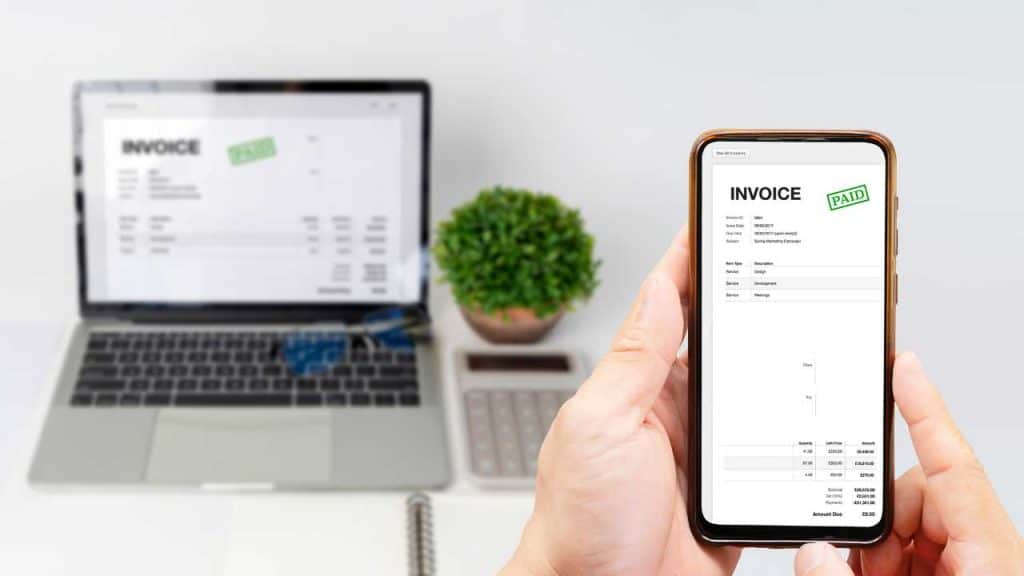The impending implementation of e-Invoicing is on the horizon—are you as a business owner fully prepared? This in-depth guide is designed to walk you through the essential technological frameworks and the seamless integration required for a successful shift to e-invoicing. Explore the specific technological requirements and strategic approaches necessary to ensure your business complies with e-invoicing implementation.
Understanding E-Invoicing Technology
E-invoicing technology involves more than just digitizing paper invoices; it encompasses a comprehensive system designed to facilitate the electronic exchange of invoice data. This system improves transaction accuracy, enhances compliance, and speeds up the payment processes.

1. Core Technologies:
- ERP Systems
Most modern businesses use Enterprise Resource Planning (ERP) systems that can integrate e-invoicing solutions. An ERP system facilitates the seamless data flow across different business functions, including invoicing.
- Digital Certificate and Authentication
Digital certificates are used to ensure the authenticity and integrity of invoices. These certificates support encryption and digital signatures, which are crucial for complying with regulatory requirements and providing security.
- Cloud-based Solutions
Many e-invoicing systems are cloud-based, offering scalability, flexibility, and accessibility. Cloud solutions ensure invoicing data is accessible from anywhere, at any time, which is particularly beneficial for businesses with multiple locations or remote working policies.
2. Compliance Standards:
- Adherence to international standards such as ISO/IEC 19845 (UBL) and local regulations ensures that e-invoicing solutions are interoperable and legally compliant.
Technological Infrastructure for E-Invoicing
Implementing e-Invoicing requires a well-planned technological infrastructure that can handle the demands of digital transactions:
1. ERP Integration:
- Integrating e-invoicing solutions with Enterprise Resource Planning (ERP) systems is crucial. This integration automates financial and accounting tasks, facilitates real-time data updates, and enhances overall efficiency.
2. Advanced Data Security:
- To protect sensitive invoice data, robust security measures such as end-to-end encryption and multifactor authentication must be implemented.
3. Data Validation Tools:
- Automatic data validation tools ensure that all invoices meet the required compliance standards before they are sent, reducing the risk of rejections due to errors.

Integration Strategies for E-Invoicing
Effective integration of e-Invoicing within a business’s existing systems is not without its challenges, but with the right approach, these can be seamlessly addressed:
1. API Connectivity:
- Utilizing Application Programming Interfaces (APIs) facilitates direct communication between the e-invoicing platform and the business’s ERP system. This connectivity supports the automation of invoice processing, from creation to clearance.
2. Customizable Solutions:
- E-invoicing software should be customizable to adapt to specific business needs. This customization includes configuring the software to handle different tax rates, multiple currencies, and compliance requirements.
3. Continuous System Updates:
- Regular updates are necessary to ensure the e-invoicing system complies with new regulations and standards. Businesses must choose platforms that offer ongoing support and updates.
4. Training and Support:
- Comprehensive staff training is crucial to ensure they can effectively use the new systems. Continuous support should also be available to address any issues that arise during the use of the e-invoicing system.
Conclusion

The adoption of e-invoicing in Malaysia represents a significant advancement in the digital transformation of business practices. Understanding the technological requirements and effectively integrating these systems is essential for realizing the full potential of e-invoicing. With the right technology and strategy, businesses can achieve significant enhancements in their operational workflow.
Are you ready to transition to e-invoicing? Discover how our POS systems can simplify this process, ensuring smooth integration and enhanced compliance. Contact us today for a consultation and take a proactive step towards optimizing your business operations with our innovative solutions.

